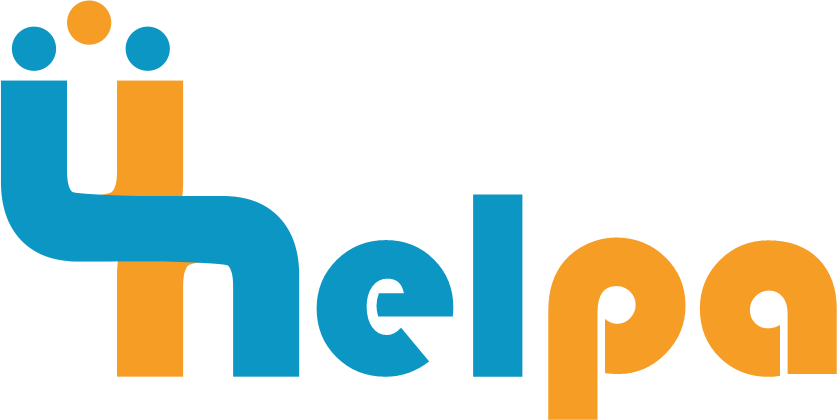What Ideas Do You Need in Seeking Support for the Disabled?
In recent years, there has been noticeable progress in how society interacts with people with disabilities. This shift reflects a broader recognition that support for the disabled extends beyond what only family and friends can provide. Globally, there’s growing awareness and concerted efforts to sensitize, aid, and empower individuals with disabilities. Consequently, perceptions of people with disabilities have evolved, moving away from outdated stereotypes. However, it’s important to be mindful that certain comments, even if well-intentioned, can be offensive. Recognizing the need to offer comprehensive support and treat disabled individuals with respect is crucial.
Who are People with Disability?
Understanding who people with disabilities are is essential before you can effectively support them. Individuals with disabilities have conditions that make it challenging for them to perform certain actions or interact with others. These conditions can significantly limit their ability to carry out everyday activities. For someone to be considered as having a disability, there must be a notable impairment impacting their daily functioning.
The 4 Categories of Disability You Should Know
Disabilities fall into four main categories:
- Emotional or Behavioral Disability: This includes conditions that affect emotional regulation or behavior, such as pervasive developmental disorders.
- Sensory Impairment: Disabilities in this category involve the malfunctioning of sensory organs.
- Physical Disability: Any condition that impairs physical abilities or stamina is included here.
- Developmental Disability: These are conditions that occur during childhood and affect normal development.
These disabilities can be temporary or permanent and are pivotal in determining the appropriate support needed.
Ways in Seeking Support for the Disabled
Whether you are a person with a disability or someone looking to make a positive impact, understanding how to seek support is key.
- Find People with Similar Interests: Collaborating with individuals who share your passion for supporting the disabled can be empowering. Social media is a valuable tool for raising awareness and organizing campaigns.
- Donate Necessities: Teaming up with NGOs to provide essentials to disabled persons is a significant form of support. Gathering specific information about their needs ensures that your contributions are impactful.
- Start a Nonprofit Organization: Establishing a nonprofit organization focused on disability support can be an effective approach. Utilizing online fundraising platforms can enhance your efforts to make a meaningful difference.
If you’re interested in learning more about online fundraising and supporting the disabled, platforms like Helpa can be a resourceful starting point. Remember, the goal is to promote inclusivity and respect, creating a more supportive environment for people with disabilities.
